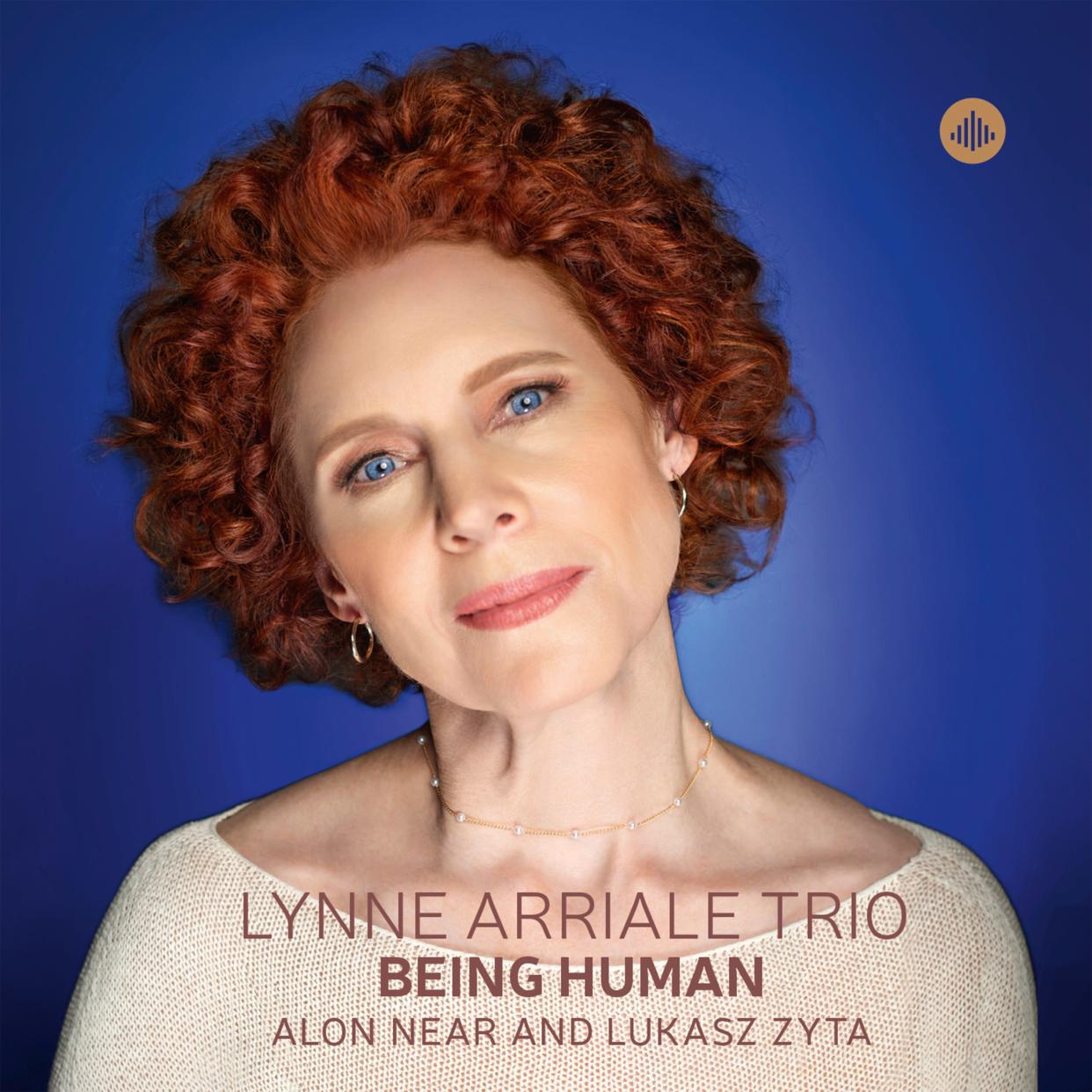Notes and tones: Pianist Lynne Arriale dives into the art of 'Being Human'

I have not listened to pianist Lynne Arriale often enough of late, at least in a concentrated fashion. Truth be told, that’s my loss. She’s an excellent and engaging pianist.
So when I received “Being Human” (Challenge), Arriale’s recently issued release — number 17 as a leader in her three-decade-plus career — I had little hesitation, outside of battling the quite involved and intricate packaging, to load the music, an 11-part suite, into my computer’s CD player.
“Being Human” is a trio session, featuring the leader-pianist who also plays the Clavinova, albeit sparingly, bassist Alon Near and drummer Lukasz Zyta. The threesome is a tight-knit unit but, more than that, they sound tremendously crisp, playing cleanly throughout. Each player, as is often the case with piano trios, receives a great deal of space to strut their stuff. Everyone does so — and quite tastefully.
As for the 11-part suite, Arriale dedicates each piece to either an individual, a collective or — with one selection titled “Love,” that reminds me of a soft but thought-provoking lullaby — to the entirety of society, what Arriale calls humankind.
The disc opens with “Passion,” a modern-sounding romp that occasionally slows down but sets the tone for the entire suite; it clearly demonstrates Arriale’s pianism and skillset.
“Courage,” which follows, is “dedicated to the Ukrainian People.” Each time I listened to it — at least five times in a row — I kept hearing, though the tempo is quicker and the track decidedly more modern, strains of both Thad Jones’ “A Child Is Born’” as well as the Billie Holiday-Arthur Herzog Jr. 1939 gem “God Bless The Child.”
That’s not a criticism, nor is it meant to suggest the piece is derivative at all — something just struck me musically that reminds me of those two titles.
I’m not a religious person in any sense of the word — unless we’re referring to the art form known as jazz which can be god-like — but Arriale, Near and Zyta deliver “Faith” as a gospel-like, blues-drenched piece that houses, as it moves along, a nice set of rolling modal crescendos.
There’s no doubt, to create contrast, that Arriale purposely juxtaposed “Faith” and “Curiosity.” The latter represents the most wide-open, abstract and improvisational effort on “Being Human.” “Curiosity,” certainly an appropriate title for the selection, is dedicated to Jacob Barnett, the young scientific “genius.”
As the liner notes explain: “’Curiosity’ is spontaneous, unpredictable and surprising, like the epiphany that announces a breakthrough ... The players’ free improvisations do not follow chord progressions in [a] conventional manner.”
Speaking of music that serves as a reminder, but again is played with a modern flare and originality that is deftly delivered, the pianist tees up the beautifully syncopated “Soul.” A pair of keyboardists instantly came to mind throughout the composition that, like every piece on “Being Human,” is an Arriale original.
Quite likely other pianists could be called out, but “Soul” is quite reminiscent of the way Bobby Timmons might deliver many of the lines here; and, by association, James Williams also could have done the same. This is a fun entry.
Arriale dedicates “Soul” to Amanda Gorman, the young poet who read “The Hill We Climb” at President Joe Biden’s Jan. 20, 2021 inauguration, which took place just 14 days after the failed attempted coup at the Capitol.
From “Soul,” Ariale moves smartly into the percussive “Persistence,” that is then followed by the waltz-like, lyrical “Heart” and the ballad “Gratitude,” which focuses a good part of the time on bassist Near and offers listeners the best vantage points of his capability.
“Joy,” a calypso, is a tempo that heretofore Arriale has not broached on “Being Human.” Who doesn’t like a jazz calypso? Moving between a modal, straight-ahead vibe, with some nice improvisation and multiple passage resolutions taking place, “Joy” is just that. Sonny Rollins, the jazz-calypso kingpin, would surely be pleased to know that Arriale included this selection as part of her multi-part suite.
“Being Human” finishes with “Reprise — Love.” Says Arriale in the liner notes: “I close the album with a reprise of ‘Love,’ playing with ‘voices’ on the Clavinova. This is my way of saying to our listeners, ‘I send you my love.’”
I understand why Arriale thought there was the need for her “closing musical remark,” but the “Love” reprise is so disparate from the other 10 pieces that it actually detracts from “Being Human’s” tremendous set of varied and well-put-together music. Arriale already accomplished her goal, and successfully so. The reprise, though obviously delivered with care, somehow upends the effort.
I’m glad, however, she placed it as the last piece. That way listeners can stop “Being There” after “Joy,” and leave it at that.
Jon W. Poses is executive director of the “We Always Swing” Jazz Series. Reach him at jazznbsbl@socket.net.
This article originally appeared on Columbia Daily Tribune: Notes and tones: Pianist Lynne Arriale dives into the art of 'Being Human'

